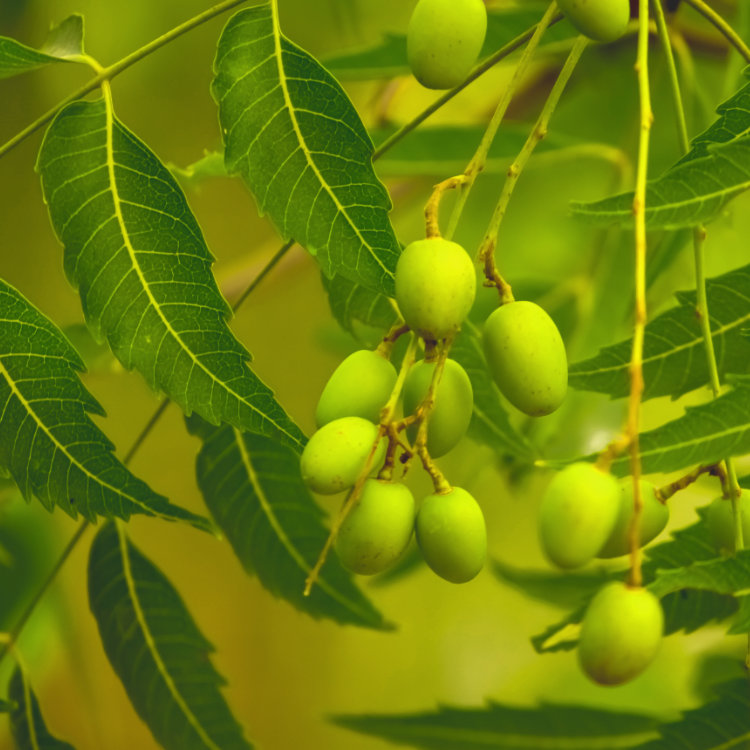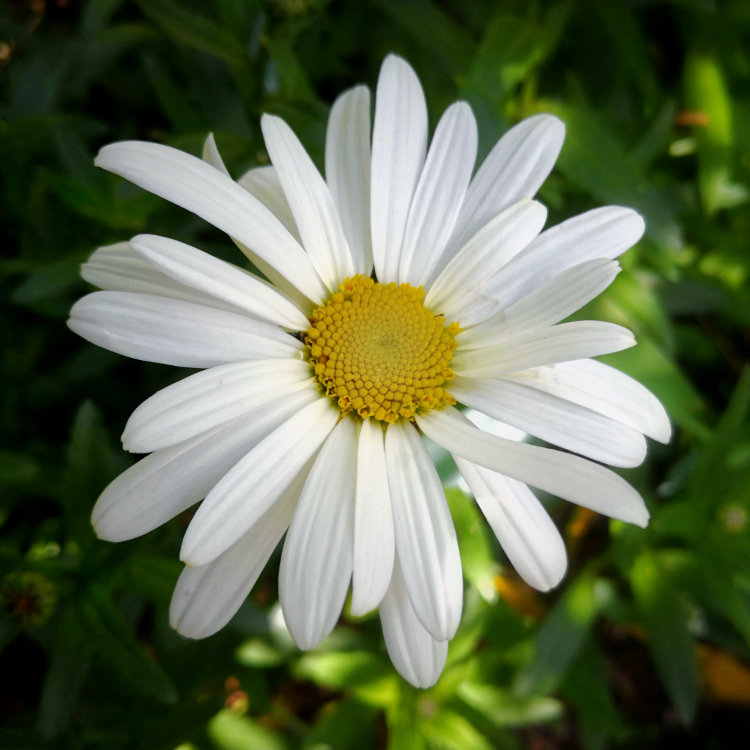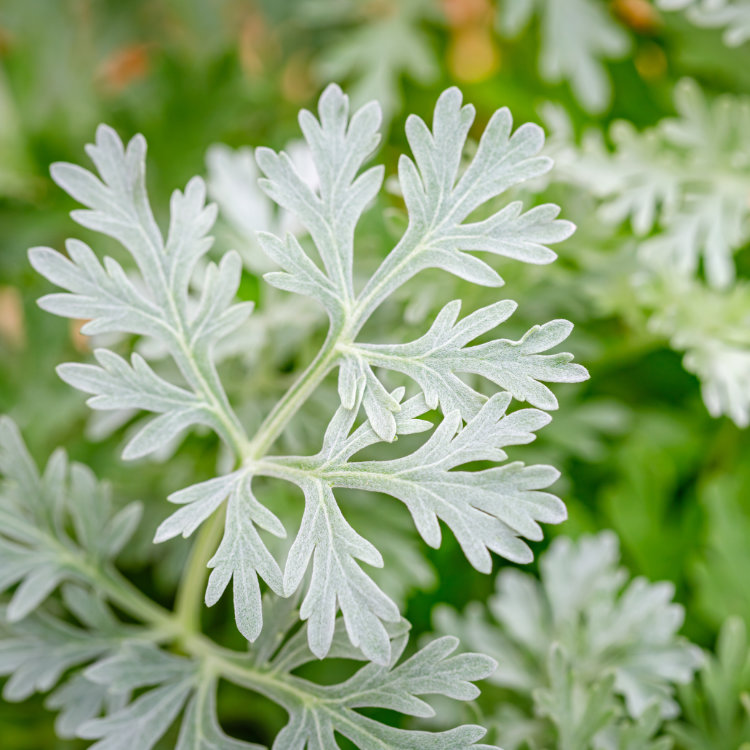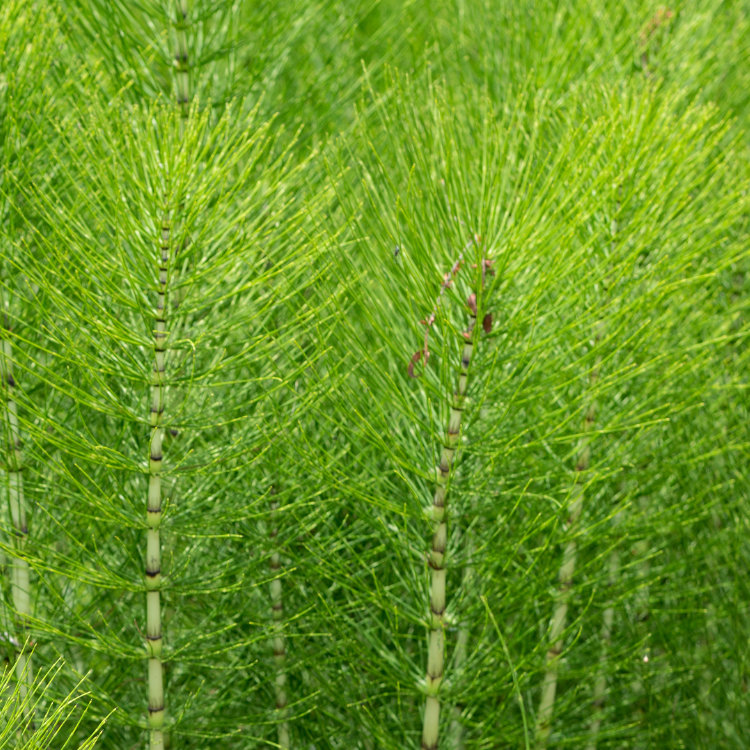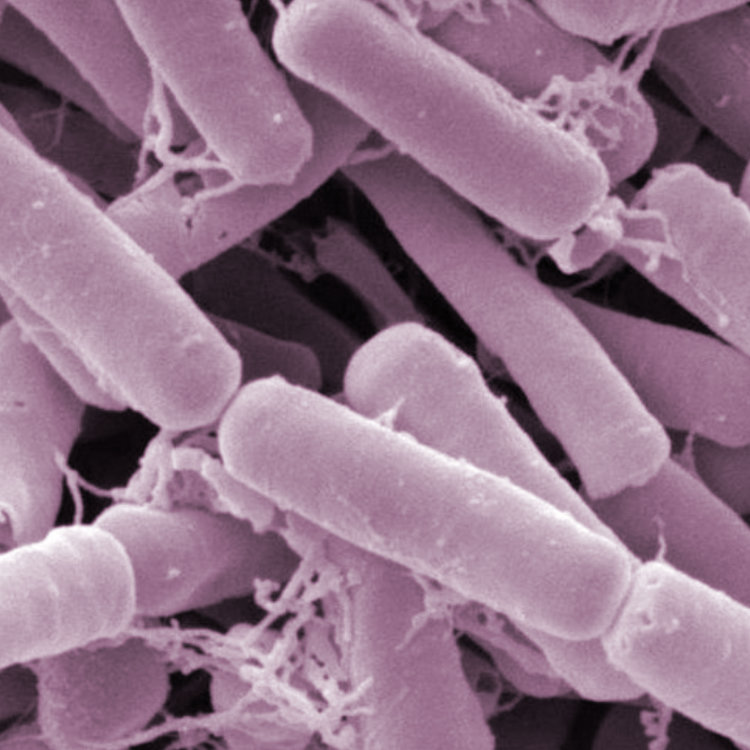Info
Neem oil is extracted from the seeds of the Azadirachta indica tree (although you can also use its leaves). It’s used in the tradicional South Asian medicine for centuries.
In recent years gardeners discovered the amazing properties of neem oil as a bio-pesticide mainly to the presence of Azadirachtin. Since then it is used in organic gardens all over the world.
It repels a wide variety of pests and is not known to be harmful to pets, earthworms and some beneficial insects such as butterflies, honeybees and ladybugs.
Good for:
As bio-pesticide for: mealy bug, beet armyworm, aphids, cabbage worm, thrips, whiteflies, mites, fungus gnats, beetles, moth larvae, mushroom flies, leafminers, caterpillars, locust, nematodes and the Japanese beetle.
Neem tree has numerous health benefits, earning the reputation for being the most potent medicinal flora in the world. It is known as nature’s pharmacy.
If you have the space and the conditions, plant one.
Supplies Needed
Quantities suggested for one litre of neem oil bio-pesticide.
5 mL neem oil
2 mL plant-safe liquid soap
1 L of warm water
Plastic spray bottle
Preparation
Pour the water into the spray bottle. Add the plant-safe liquid soap and then slowly stir in the neem oil. Mix and shake everything well and that’s it, your bio-pesticide is ready to be used.
It’s possible to make neem oil at home (from seeds or leaves), but we recommend to buy cold pressed neem oil extract or ready to use bio-pesticide.
General Use
Apply neem oil bio-pesticide to infected plants directly in its leaves.
Apply neem oil bio-pesticide only in indirect light, early in the morning or in the evening to avoid foliage burning.
Neem oil is normally used to get rid of pests. However, it can also be used as a preventive method every two to three weeks.
Special Care
It is recommended to use the mix within 8 hours since the ingredients will start to break down beyond that. Don’t store it for later use.
According to the US EPA, “When used as directed on product labels, neither clarified hydrophobic extract of neem oil nor Azadirachtin are expected to harm non-target organisms.” According to the same source “No risk to human health is expected from the use of cold-pressed neem seed oil because of its low toxicity via all route of exposure.”
You may also like to know more about

